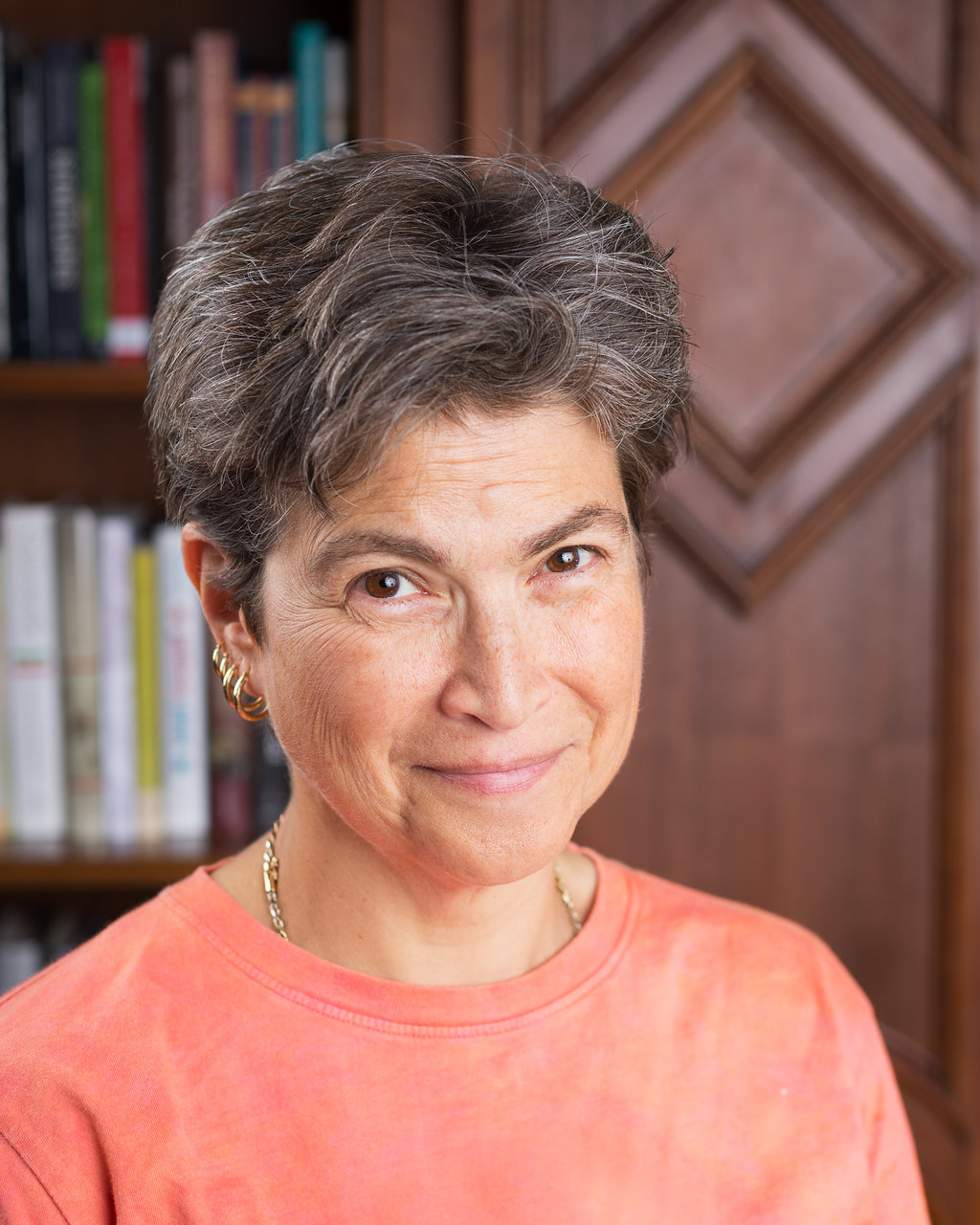
SCSB Colloquium Series - Peggy Mason, Ph.D.: The Neurobiology of Helping: Lessons from Order Rodentia
Description
Wednesday, March 28, 2018
Time: 4:00 pm-5:00 pm, followed by reception
Speaker: Peggy Mason, Ph.D.
Affiliation: Professor, Department of Neurobiology, University of Chicago
Host: Mriganka Sur, Ph.D., FRS
Talk title: The Neurobiology of Helping: Lessons from Order Rodentia
Abstract: Among mammals, social interactions are critical for survival of the individual and the species. Moreover, by facilitating safety, food procurement, shelter and well-being, sociality also allows for longer, more rewarding lives. Pro-social behavior, or helping, that is provided between members of a group increases social cohesion of that group. Given the evolutionary advantages of pro-social behavior, it is not surprising that rats help other rats just as primates, including humans, do. Recently, my laboratory has demonstrated that rats deliberately liberate a conspecific trapped within a restrainer. Helping persists even when the free rat is unable to physically interact with the liberated rat. Moreover, helping is socially selective, occurring only for rats of a familiar type but independent of individual familiarity.
A key question is the motivation that drives rats to help another in distress. We have demonstrated that some degree of affective distress within the helper is required for motivating helping. Yet, to our surprise, helper rats help even when the victim rat shows no distress, evidence that cognitive empathy can motivate a rat witness to action. An additional motivating factor for helping is a rat’s assessment of other rats’ assessments of the trapped rat. Reminiscent of the human bystander effect, rats are more likely to help in the presence of naïve rats and less likely to help in the presence of non-helper (confederate) rats. In sum, the conservation of complex motivated helping behavior across divergent mammals raises the exciting possibility that we can learn about the social influences on human mood from rat experiments.

